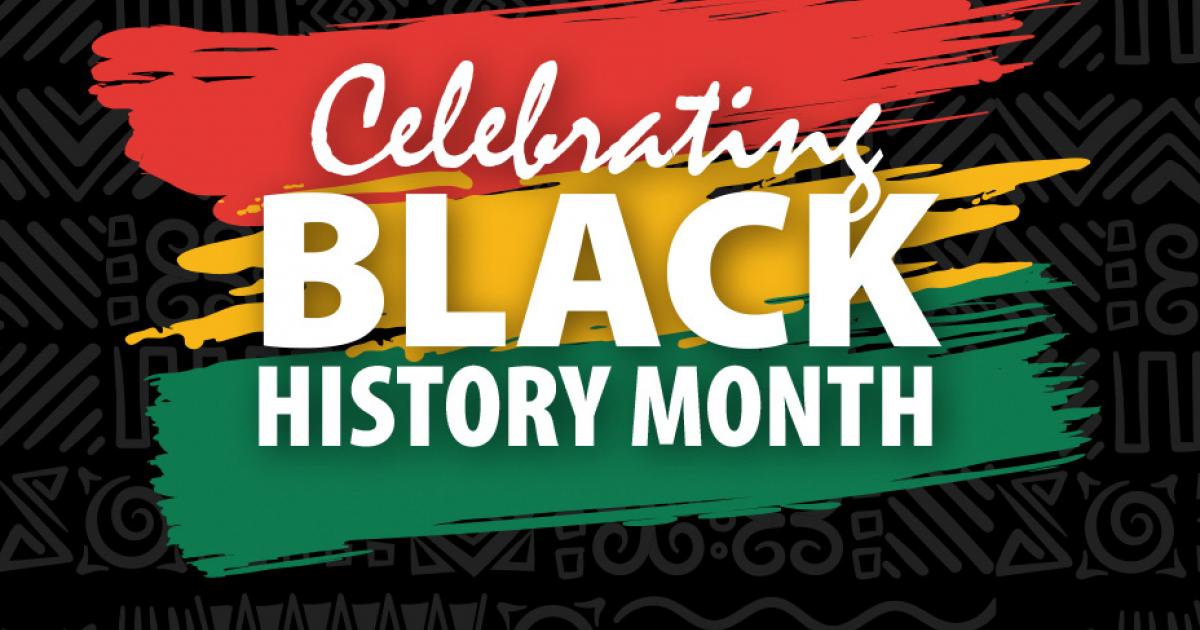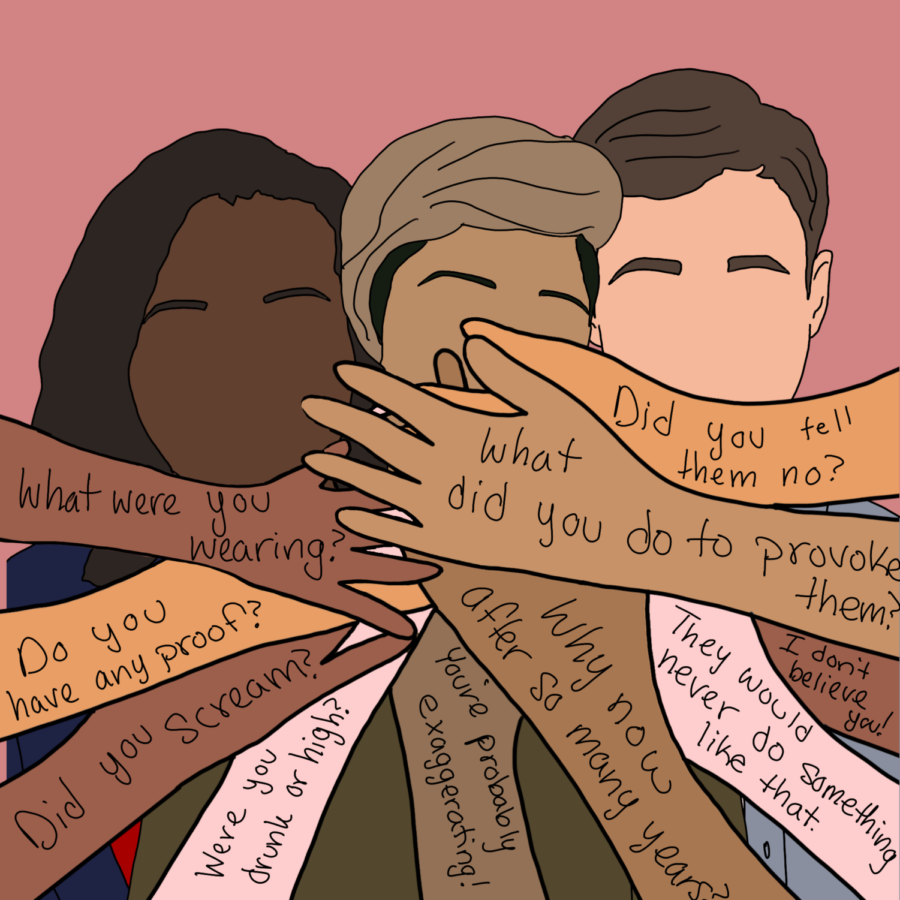(ThyBlackMan.com) The hip-hop world woke up to heartbreak and disbelief after news broke that Georgia rapper T-Hood had been shot and killed inside his own home. The 33-year-old artist, known for his gritty street anthems and high-energy delivery, was found with fatal gunshot wounds after what police described as a domestic dispute turned deadly. The tragedy has left his fans stunned, his peers mourning, and the gossip mill working overtime as details begin to leak out in fragments. This wasn’t just another headline to scroll past—this was a man whose presence in Atlanta’s music scene had been undeniable, someone who had been grinding for years to make his name known, only to have it cut short in a burst of violence that feels almost surreal.

Those close to T-Hood say he had been in good spirits in the days leading up to his death. He had music in the pipeline, shows being booked, and a growing online fan base that was finally starting to feel the momentum he’d been chasing for over a decade. But on that Friday night, none of that mattered. Police arrived at the Snellville home after a 911 call reported a shooting. Witnesses described chaos—raised voices, the sounds of an argument escalating into something much more dangerous. By the time officers got there, T-Hood was down, his life bleeding away on the floor of the place he should have felt safest. Emergency crews rushed him to the hospital, but he didn’t make it. Just like that, one of Atlanta’s most determined underground voices was gone.
What makes the whole thing even more chilling is the way his last social media moments now read like foreshadowing. Just a few weeks ago, T-Hood had posted a short video of himself in a cemetery. Dressed in white, draped like a ghost, he teased a track called “Grave Diggerz.” At the time, fans thought it was just another creative promo move—hip-hop has always loved its dark, theatrical imagery. But in the aftermath of his death, that clip has taken on an eerie weight. Fans are now replaying it, dissecting every frame, talking about how art can sometimes echo life in ways nobody expects or wants. Some are even calling it prophetic, though whether it was or not, the effect is the same—it’s haunting.
Within hours of the news spreading, social media became a flood of condolences, disbelief, and speculation. The comments ranged from heartfelt grief to wild conspiracy theories, with people piecing together timelines and rumors like amateur detectives. In the middle of it all was producer Deddotwill, a longtime collaborator and friend. His post hit especially hard. He said they had been on the phone just hours before the shooting, talking all day like they often did. In his tribute, you could hear the kind of loss that comes when someone you’ve built a musical bond with is suddenly ripped away. That’s the thing about T-Hood—he wasn’t just a rapper, he was a connector, a guy who always seemed to know somebody who knew somebody. He was woven into the fabric of Atlanta’s rap community in a way that made his absence feel like a tear in the whole scene.
Then there was his girlfriend, Kelsie Frost. She’s not just any girlfriend—she’s the daughter of reality TV figure Kirk Frost, which only added another layer to the gossip swirl. In the middle of her grief, she took to Instagram with a raw, unfiltered message. She said she’d been told to keep quiet, but she couldn’t. She wasn’t going to let whispers and half-truths define the man she loved. Her words were more than just mourning—they were defiant, protective. She made it clear that while people might want to talk about drama, her priority was making sure the world knew who T-Hood really was to her: a loving, loyal partner, not just a headline.
The police have been tight-lipped about the investigation, but it’s being treated as a homicide, and one person was detained for questioning. That’s about all they’ve said so far. No charges, no confirmed suspects. That’s left a vacuum that gossip has rushed to fill. Some people are whispering about jealousy, about money, about past grudges. Others are pointing out that domestic disputes rarely just happen out of nowhere—they usually have a build-up. But without official details, all anyone has are questions, and in the world of entertainment gossip, unanswered questions are gasoline for the fire.
What makes this loss sting even more for fans is the sense that T-Hood was right on the edge of a breakthrough. Atlanta has long been a breeding ground for talent, and while it’s not easy to stand out in such a crowded scene, he had a unique lane. His music had that raw street storytelling Atlanta is known for, but with enough hooks and charisma to cross over if the right moment hit. Songs like “Ready 2 Go” had been picking up steam, and he had a loyal following in the underground circuit. His style wasn’t about polished perfection—it was about energy, authenticity, and a little bit of chaos. In a time when the industry sometimes rewards cookie-cutter acts, he was refreshingly himself.
And now, the conversation has shifted from what’s next for T-Hood to what might have been. In the gossip circles, there’s always that bittersweet talk about artists who seemed destined for more but never got the chance to show their full hand. The comparisons to other rappers who died young are inevitable. Names like Nipsey Hussle, Pop Smoke, and King Von get brought up—not because their careers were identical, but because they all had that same feeling of momentum being snatched away. Each time it happens, the hip-hop community mourns, and each time there’s that same helpless shrug that says, “Here we are again.”
It’s not just the fans and peers who are feeling this loss. Industry insiders are quietly lamenting it, too. Those who’d worked with him say he was driven, constantly thinking about the next move, never content to just drop a track and disappear. He understood that in today’s music game, you’ve got to be your own marketer, your own publicist, your own everything. He was grinding not just in the studio, but in every aspect of building his brand. That kind of drive is rare, and it’s even rarer when paired with genuine talent.
Of course, in true entertainment world fashion, not everyone is handling the news with grace. There have already been a few tone-deaf attempts to capitalize on the tragedy—people reposting old clips to get views, YouTubers rushing out “what really happened” videos without any real facts. That’s the ugly side of celebrity culture, where someone’s death becomes clickbait before their body is even cold. For those who actually knew him, that’s been one of the hardest parts—watching strangers reduce his life to a trending topic.
What’s going to stick with people who really listened to T-Hood isn’t just the music, though. It’s the energy he brought to every interaction, the way he could make you feel like you were part of something, even if you’d just met him. That’s why so many fans are talking about feeling like they lost a friend, even if they never met him in person. In the parasocial world of modern music fandom, that connection is real. When someone whose voice has been in your headphones for years is suddenly gone, it hits in a way that feels deeply personal.
There’s also the bigger conversation his death brings back into focus—the one about violence in the rap world. It’s not a new topic, and it’s not unique to hip-hop, but the pattern is undeniable. Too many young Black men in music are dying by gun violence, often in their own neighborhoods, sometimes even in their own homes. Every time it happens, people talk about how something has to change. And then the cycle repeats. For those outside the culture, it’s easy to dismiss it as just “the lifestyle.” But for those inside it, it’s about systemic issues, about the way fame can amplify existing tensions instead of solving them.
As for what happens next, that’s the question hanging in the air. Will there be a posthumous album? Will unreleased songs surface? Will the investigation bring closure or just more questions? For now, the focus is on the memorials being planned, both online and in Atlanta. People are organizing candlelight vigils, playing his music loud in the streets, posting photos and videos from shows where he lit up the stage. It’s that grassroots, community-driven mourning that shows just how much he meant to the people around him.
In the end, the story of T-Hood’s life and death is one that’s going to be told in many versions—some accurate, some not. That’s the nature of entertainment gossip; truth and speculation dance together until they’re almost impossible to tell apart. But strip all that away, and what you’re left with is the loss of a man who had a voice, a vision, and the drive to make it happen. He was a son, a partner, a friend, and an artist whose journey ended far too soon. The music will live on, as it always does, but the man behind it is gone, and for those who loved him, that’s a wound that won’t heal quickly.
Staff Writer; Jamar Jackson

















Leave a Reply